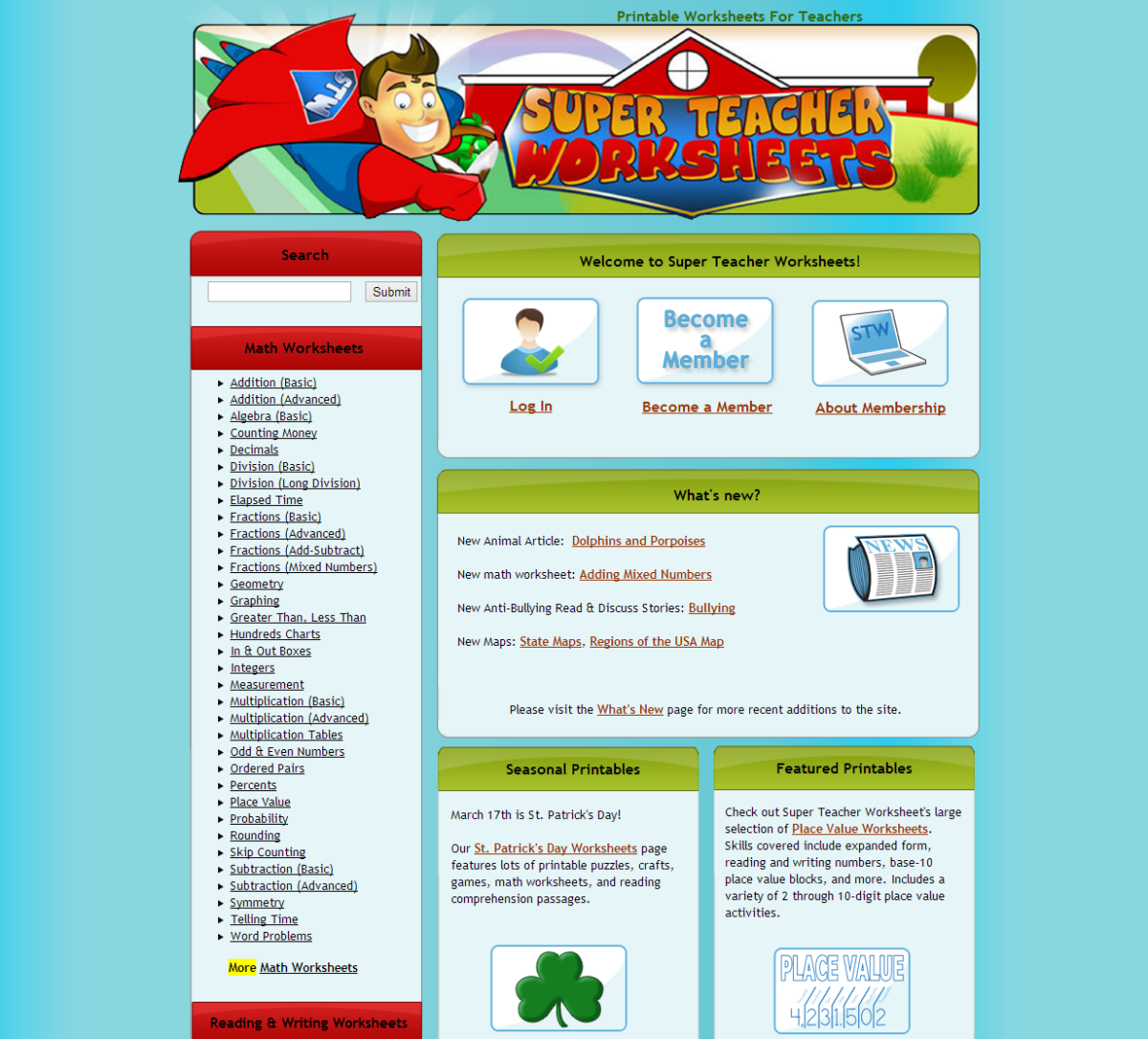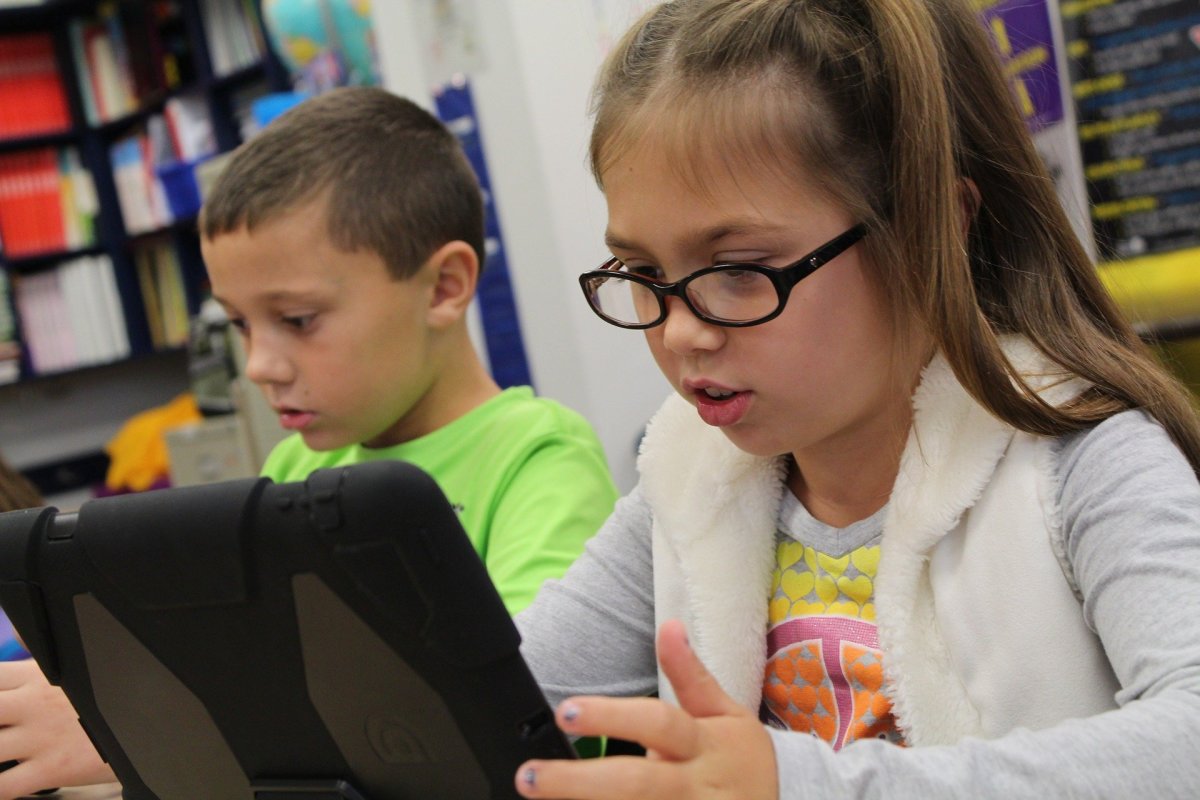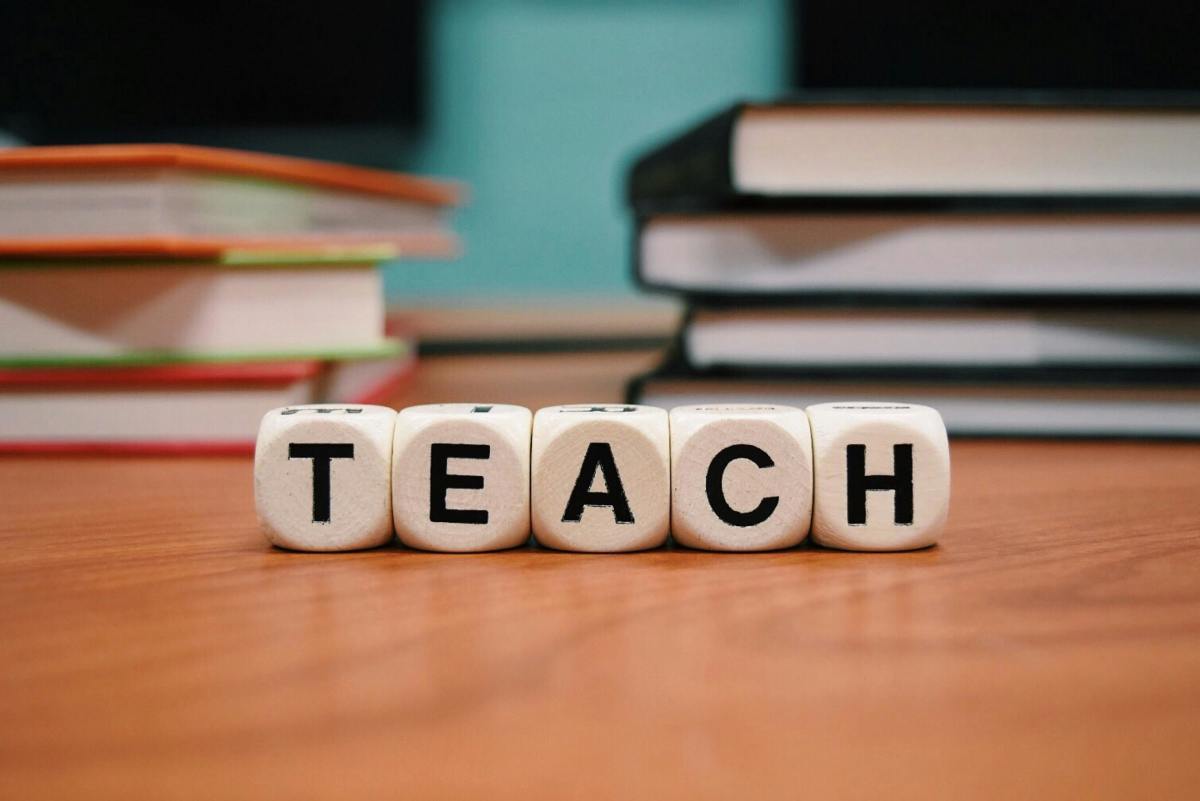Speak to Us of Children
And he said:
Your children are
not your children.
They are the sons and daughters of Life's
longing
for itself.
They come through you but not from
you,
And
though they are with you yet they
belong not to you.
---from Kahlil Gibran's The
Prophet
For the last two days, I have been scouring my
old sociology texts and conducting only moderately successful searches
through various article databases in an attempt to locate the theory I
know I once heard explaining the seemingly illogical actions by some
members of disadvantaged social groups to reinforce other group members'
continued disadvantaged status. That's a complicated way to say that I
recently found myself in a discussion with a parent of a
middle-schooler who told me that the institution of education was not
for everyone.
I should back up and tell you a little more about
myself. I have been an educator for most of my life. And by that I mean,
when I look back upon my own childhood, I recall images of myself
playing "the teacher" in my basement. My grandparents once bought a real
former school chalkboard for me at an auction. As a Valentine's Day
gift from my father one year I was given a desk--not just any desk, but a
school desk that opened and had an attached metal chair. I taught my
younger sister, her friends, and "tutored" my own peers in that basement
schoolroom. I have an affinity for the smell of new books and can
hardly contain my sense of well-being over the feel of an untarnished
journal and set of pens at the start of a new academic year.
I
began my professional career teaching freshman composition at the
four-year college but soon found my true calling at the middle school
level. For me, "school" means more than earning grades. When I stand at
the board and speak to my students about the magic in the turn of a
phrase, I know full well they will forget the phrase . . . it's the
magic I'm hoping they'll remember. And that my friends, is something
that cannot be duplicated.
I am writing a blog. I am using an
electronic form to convey my love of a concept . . . but there is
something missing for you. You cannot see the way I pause or hold the
words in my mouth. You can not see the smile in my eyes, though it is
there even now when I look into the screen.
My former Head of
School and I agreed on this point--school at the middle levels is far
less about subject matter and much more about habits and lessons. This
is a crucial time in young people's lives. The habits and coping skills
they develop (or fail to develop) at this stage may follow them into the
years ahead . . . those years where their performances will be
scrutinized by the gatekeepers of their future opportunities.
Listening
to a parent tell me that school is really not for everyone is a
crushing blow. I have been seeking understanding of it ever since its
utterance. Part of me knows the answer but I cannot seem to locate the
evidence I need to articulate it properly, so instead, I've returned to
my mainstay--Kahlil Gibran. What he reminds us in the above passage, and
those that immediately follow in the remaining lines, is that our job
as parents is to send our children forth like arrows into the world
where we will not be permitted to follow. We are the stable bows that
remain behind in the Archer's arms. Our aim is to send them swift and
far.
I'll admit, this is a difficult task for any
parent--regardless of social strata. However, most parents will agree
that the best way for anyone to achieve opportunities for success in
this life is through the avenues provided by education. So, when a
parent of a seemingly disadvantaged social status grouping (minority,
low-income) tells his teacher that she just doesn't think education is
for her son (and let's be clear, this is not a child with any obvious
intellectual obstacles) one has to wonder what is really at work here.
This is a single mother of four who dropped out at the age of sixteen.
She currently works a graveyard shift at a medical facility as a nurse's
assistant. She receives aid from Housing and admits to having filed
Bankruptcy by the age of thirty. But education is just not for her son?
For
the last two years, her son has been "doing online school" and she
tells me that since he has been home doing online school he has become a
much better person. His attitude is positive, he has lots of friends
outside of school to socialize with . . . it has been the perfect
solution for him, a child who hated going to school and who fought with
her every morning as she attempted to force him to get up and go.
I
don't know. I don't have all the answers, and this confrontation will
stay with me for years to come. The true irony is that I am an advocate
of education technology or "21st Century Skills." I'm even on a school
district committee formed to evaluate the district's developments of
integrated technology. Hell, I've even taught a graduate-level class on
the use of technology in education. However, I can't wrap my brain
around the image of a thirteen year old boy sitting at home while his
mother sleeps and his brothers and sisters are in school . . .
submitting assignments to a computer screen only. No field trips. No
stealing a hand-holding in the halls. No nervous speeches given to a
room full of peers. No group dynamics. No mentors. No magic.
Why
would a woman who has obviously struggled in life . . . whose options
were obviously limited by her own choice to leave school early encourage
her son to stop going to traditional school? I know it has something to
do with social bond theory . . . or resistance/opposition theory . . .
or perhaps it has to do with the idea Ogbu suggests that doing well in
the school setting can be seen as a kind of "acting White."
While
I know she loves her child and is almost a tigress in her adamant
defense of his choice to pursue
the online route, I think it is her own fears that have bested her. I
think she fears that he is unable to handle the situations that will
confront him in the traditional setting. I am a parent too. We all hate
seeing our children struggle through those years. Most of us have middle
school horror stories. Very few of us would wish to return to middle
school . . . but there are also beautiful people in those settings who
have devoted their lives to understanding the complex difficulties that
arise during those formative years--teachers and coaches and principals
who know that those growing pains should not become permanently
debilitating ones, but yet are also necessary to our children's future
successes. Shouldn't we want better for our children? Shouldn't we hope
that they learn young how to deal with discomfort? To learn how to
interact in difficult settings? Can we somehow safeguard them, swaddle
them into adulthood and then hope that they will instinctively know how
to deal with a difficult boss . . . a difficult spouse . . . a difficult
child of their own?
Our children are not our property. They
belong not to us, but to the larger community of Life. We are all
afraid. We all seek to protect them, but we cannot allow our protection
to become the obstacle of their trajectories. At some point we must
trust our aim and step aside to let them fly.









